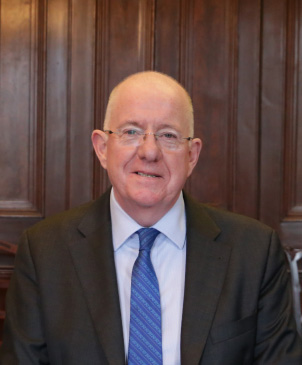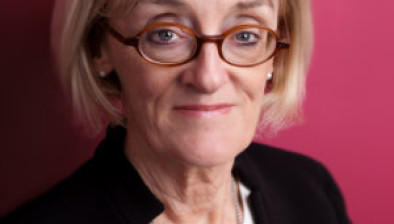Flanagan rejects ‘unconstitutional’ extension of spousal privilege to unmarried couples

Charlie Flanagan
Justice Minister Charlie Flanagan has dismissed calls for the right not to testify against one’s spouse to be extended to unmarried couples, including civil partners and cohabitating couples.
The Court of Appeal ruled last month unmarried partners are not amenable to the non-compellability provisions of the Criminal Evidence Act 1992.
Mr Justice George Birmingham, president of the Court of Appeal said it was up to the Oireachtas to consider extending the provisions, not the courts.
However, Mr Flanagan told the Dáil that the issue had been settled during the drafting of the Civil Partnership and Certain Rights and Obligations of Cohabitants Act 2010.
He said: “At the time, the Attorney General advised against the inclusion of such a provision because of concerns relating to Article 41 of the Constitution. The Attorney General advised that Article 41 requires a clear distinction between the institution of marriage, as recognised by the Constitution, on the one hand and a civil partnership on the other.
“A further reason for not including such a provision for civil partners was the constitutional protection for the institution of marriage having the effect of protecting the privacy of the marital relationship.”
The minister also noted that the Law Reform Commission, which examined issues relating to marital privilege in its 2004 consultation paper on the rights and duties of cohabitees, did not recommend any change to the existing position.
Mr Flanagan told TDs: “Referring back to previous debates, it is clear that while there is a need to respect the entitlement to the equality that civil partners enjoy under article 41 of the Constitution in particular, this must be balanced against the need to respect the special protection that article affords to marriage. The 2010 Bill was carefully framed to ensure a balance in any potential conflict between these two rights.
“On the question of amending part IV of the 1992 Act to extend its provisions to civil partners and former civil partners, it was decided not to proceed along those lines. I do not detect an appetite to revisit it. I am happy to engage further but I stress the importance of the position of the Attorney General at the time. I have not seen any evidence to suggest the legal position has in any way changed.”










